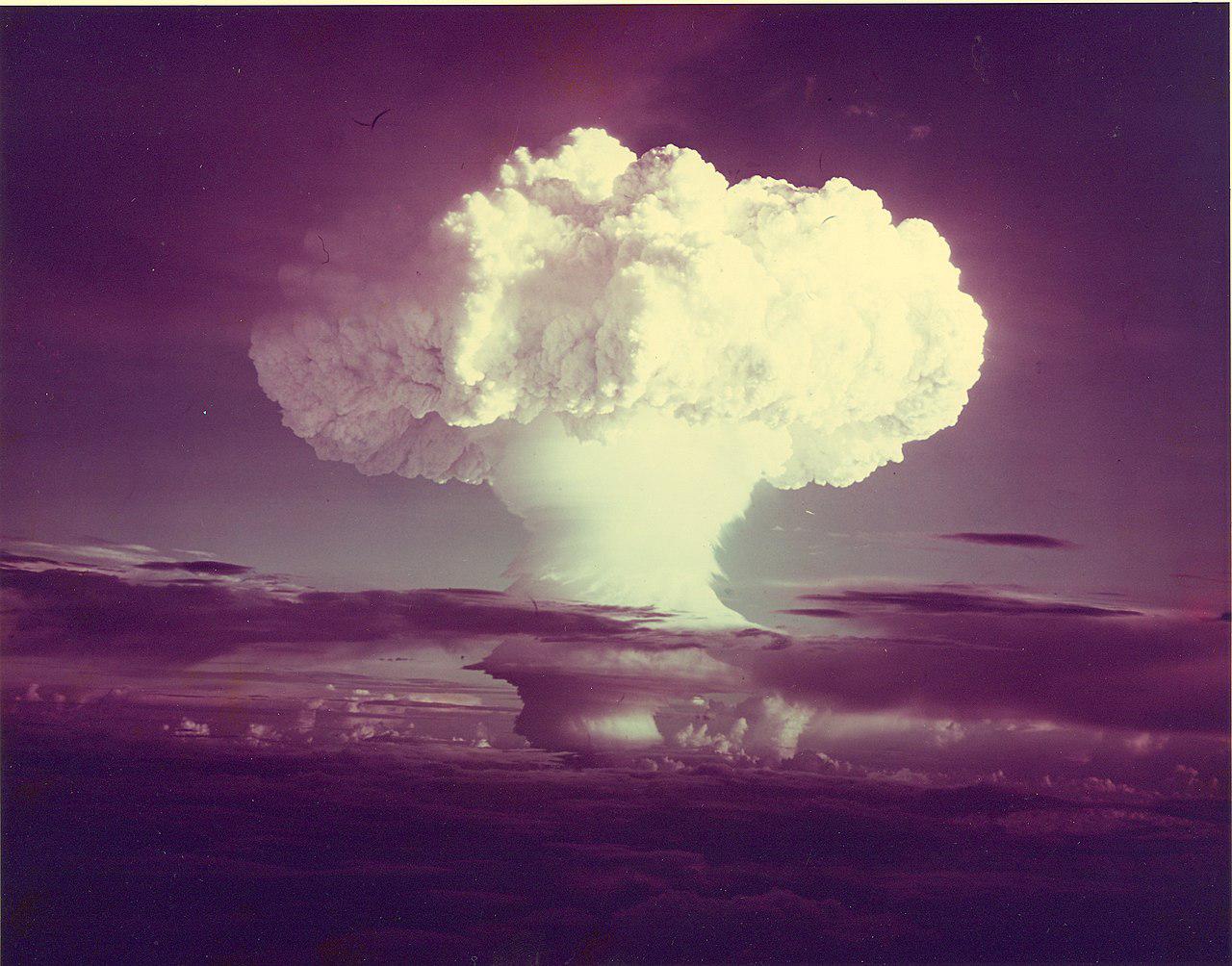The Noun Project: A Global Database of Visual Literacy Symbols

Visual literacy is an essential necessity of modern life. But some of the most widely recognized symbols of visual language are wrapped in a surprising amount of historical and contextual obscurity. This is where The Noun Project comes in — a wonderful effort to collect, catalog and contextualize the world’s visual language.
The site offers an ever-growing range of diverse symbols available for free under a CreativeCommons license. Though many of the popular symbols – from No Parking to Trash to the familiar directional arrows – were designed by the American Institute of Graphic Arts in 1974 with the explicit intention of being in the public domain, finding free, high-quality versions of them online is still a pain. Each symbol on The Noun Project, by contrast, is downloadable as an SVG (Scalable Vector Graphics) file, the most flexible open-standard format available.
The project, brainchild of LA-based designer and architect Edward Boatman, was funded via Kickstarter and reached its target less than a week after launching, illustrating the palpable cultural need it is addressing. (Current funding exceeds the target nearly threefold, with another 17 days to go.)
In the long run, the project aims to aggregate and organize symbols into useful categories like transportation, web apps, wayfinding, communication and more, as well as initiate design contests around the creation of new symbols for fields, objects and themes of increasing cultural demand, from gluten-free food to Internet connectivity to food trucks.
Maria Popova is the editor of Brain Pickings, a curated inventory of miscellaneous interestingness. She writes for Wired UK, GOOD Magazine, Design Observer and Huffington Post, and spends a shameful amount of time on Twitter.






